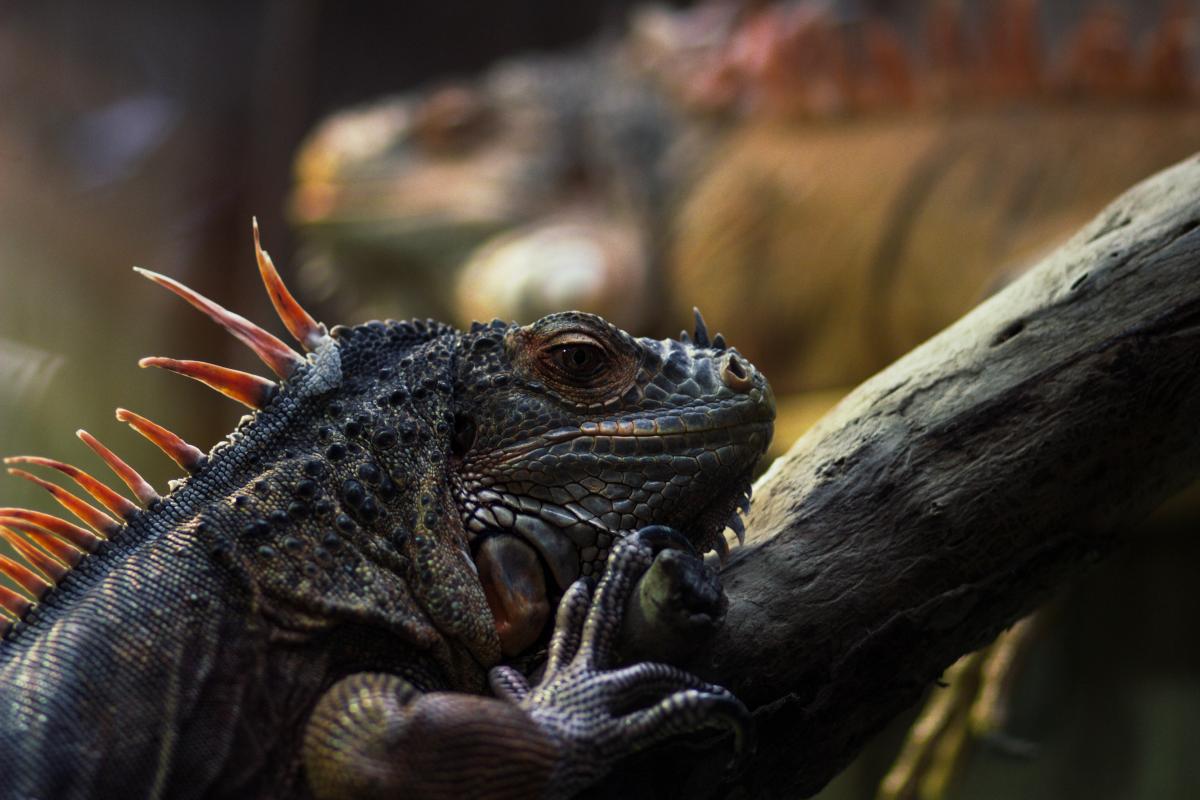How a word bowl activity allowed 3rd graders to demonstrate an uncanny awareness of poetic logic and form
 At the end of every poetry workshop I facilitate I save 15-20 minutes for students to share what they have written. Commencing one such read-aloud session, I peered into a camera lens poised at a third grader’s abdomen. As I watched this student awkwardly shift her weight side to side, she began mumbling two lines that seemed fit to encapsulate the affective experience of our lives under confinement. “The head just keeps going,” she started, then continued, pivoting to capture the rhythm of this predicament, “Spikes, spikes, spikes.” Surprised at the cogence of these lines, I found myself revisiting the anxiety of the pandemic’s early days.
At the end of every poetry workshop I facilitate I save 15-20 minutes for students to share what they have written. Commencing one such read-aloud session, I peered into a camera lens poised at a third grader’s abdomen. As I watched this student awkwardly shift her weight side to side, she began mumbling two lines that seemed fit to encapsulate the affective experience of our lives under confinement. “The head just keeps going,” she started, then continued, pivoting to capture the rhythm of this predicament, “Spikes, spikes, spikes.” Surprised at the cogence of these lines, I found myself revisiting the anxiety of the pandemic’s early days.
This experience prompted me to begin keeping a log of the exceptional student verses I heard while teaching. Looking back at the small album I compiled during this season’s Writing the Community residency, I notice that one activity in particular produced astonishing effects in each of the three third-grade classrooms where I used it.
The assignment was simple: students would select words at random from a bowl and use them to construct original poems. At first, we performed this activity a class. Drawing ten words together, we endeavored to compose as many distinct poems as possible from a common source. Then students were to pursue the assignment independently. They each drew five words, and worked quietly to craft their own poems.
In just ten minutes, many students produced verses more eloquent and formally advanced than anything I have read from them before or since. Their stanzas progressed in logical patterns, interweaving sound and image to create atmospheres of multisensory stimulation, and setting up scenes for the reader’s inference. In the poems generated through this exercise, quotidian scenes in the kitchen became portals for lyric awareness, traditional hierarchies of being were interrogated, and readers were shepherded along associative tours through the collective unconscious.
Beyond feeling baffled and amazed by these powerful streams of languages, I don’t really know what to make of this exercise. For all its simplicity, it seemed to open onto a kind of magic.
I am left thinking about an essay by the Afro-Caribbean scholar, M. Jacqui Alexander, “Pedagogies of the Sacred”, where she explores the conditions and postures that make it possible for individuals and communities to collaborate with sacred energy. Alexander asks what can be made when people open themselves up to “disembodied energies that are themselves poised to work?” Is this, I wonder, what this activity did for my students?
Perhaps by estranging them from their own habitual use of language, this prompt liberated young poets to write from a place that was sourced beyond the self? Maybe through being given fixed sets of language, these children were freed up to tap into larger currents of poetic awareness?
In any case, I present the following montage—a small sampling of the verses generated in these sessions (with brief accompanying commentary)—so that we might learn and admire a thing or two about poetry, which these verses already intuit, and which their makers seemed to regard without the slightest hint of possessiveness over their medium.
//
Our montage begins where many poets have proverbially wandered. Confronting a deluge of associative images that open through the father’s psyche, we take a small tour of the unconscious through this one-lines poem:
“my dad said: dinosaur, sewer, parks, women, dawn”
Venturing onward, we learn how a sight might smell or a smell might see with a stanza that begins in the atmosphere of religious ceremony:
“A temple light stinks
Taste
of a red orange
Of a hammock
Of a panic house
Of a pillow”
Next, we wander to find that in a subsequent stanza, conventional hierarchies of prowess and vantage have been inverted where:
“A line of eagles are jealous of crabs
and clocks
the birdlings are fierce”
And the next verse reckons with the inscrutable expanse of boredom:
“Boredom is like the midnight sun.
You never know where it lies.
And it could be happy or sad.”
Then we follow the rhythms of a rabbit's body back in time to a forgotten territory:
“Rabbits ribs jumping
Last year
Forgetting
The Moon's escape”
Finally, journeying into the heart of the domestic habitat, a lyric portal open through the quotidian kitchen:
“Making eggs
the waves
scatter
strawberry jams
black odor
all the way back”
And a dog's bird-murdering habits are set up for the reader’s inference:
“I am eating pop tarts
I am eating tangerines
My dog is grumpy
I saw bird wings
Under our table”
//
Matisse Rosen is a descendent of bootlegger-turned-doctor Polish Jews. She lives in a body, is chronically ill, and is currently learning how to smear color with chalk pencils.

